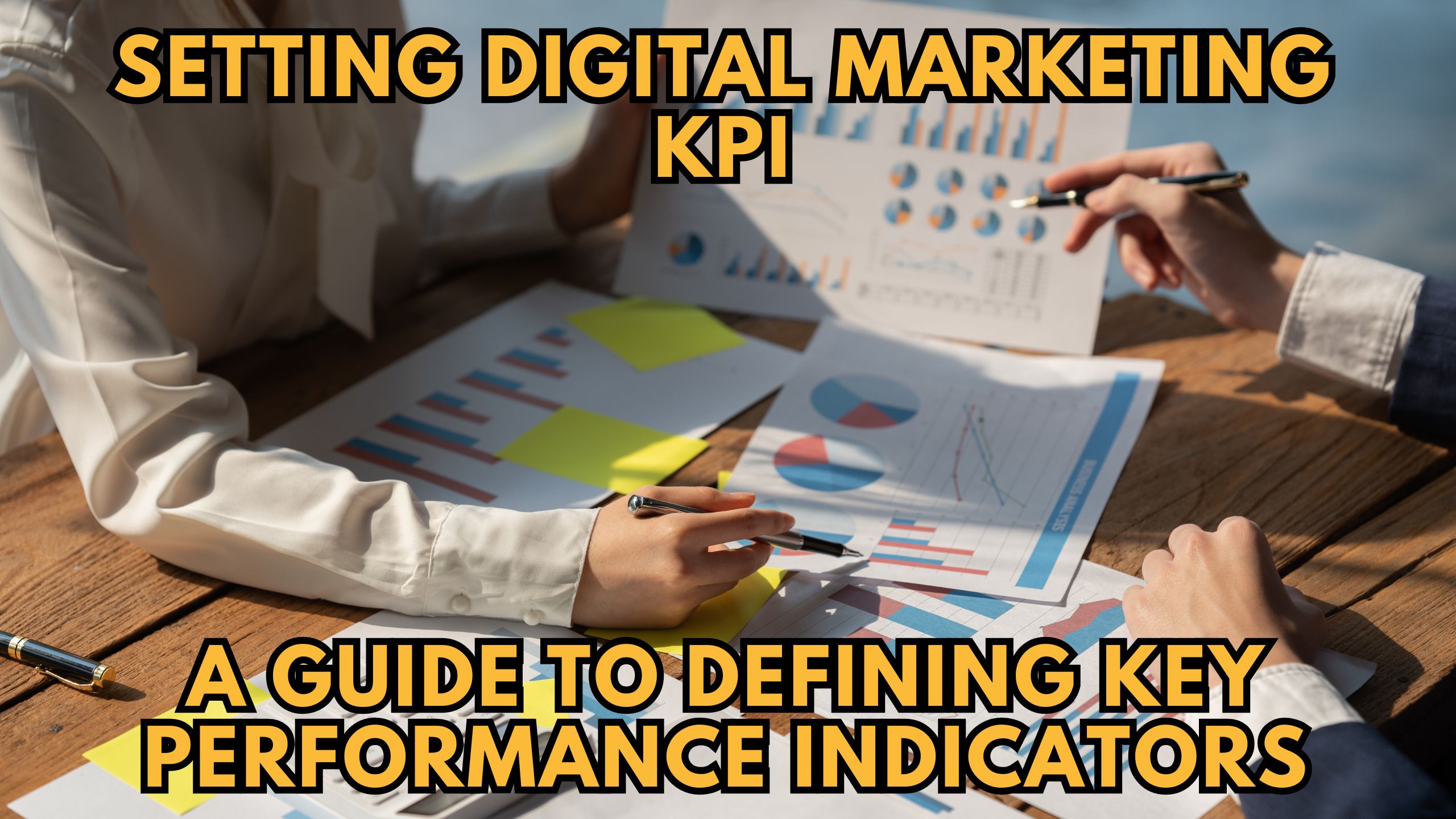Setting Digital Marketing KPI: A Guide to Defining Key Performance Indicators
- Conversational Marketing Software SEO Software Affiliate Marketing Software Marketing Tools


Unlock digital marketing success by mastering the art of setting KPIs. A comprehensive guide to defining Key Performance Indicators for measurable results.Setting Digital Marketing KPI: A Guide to Defining Key Performance Indicators
In the realm of digital marketing, success hinges on setting and measuring Key Performance Indicators (KPIs) effectively. This comprehensive guide explores the intricacies of defining and utilizing KPIs to elevate your digital marketing strategies.
Understanding the Essence of Digital Marketing KPIs
Digital marketing KPIs are the compass guiding businesses through the vast online landscape. To embark on this journey, one must grasp the significance and intricacies of defining KPIs tailored to specific business goals.
1. Website Traffic and Conversion Rate: Google Analytics
Gauge website traffic and conversion rates with Google Analytics, a powerhouse tool that provides insights into visitor behavior, page performance, and conversion metrics. By understanding user interactions, businesses can refine their strategies to enhance website performance and increase conversion rates.
Google Analytics not only tracks the quantity of website visitors but also delves into their quality. Metrics such as bounce rate and time spent on pages offer nuanced insights, allowing businesses to pinpoint areas for improvement in user experience and content strategy.
2. Social Media Engagement: Hootsuite
Hootsuite simplifies social media management, allowing businesses to measure engagement metrics across various platforms. From tracking likes and shares to monitoring follower growth, Hootsuite offers a centralized hub for managing social media KPIs, streamlining efforts for a more effective online presence.
Beyond tracking engagement metrics, Hootsuite enables businesses to schedule posts strategically, ensuring consistent and timely content delivery. This proactive approach contributes to sustained audience interest and heightened social media effectiveness.
3. Email Marketing Effectiveness: Mailchimp
Mailchimp is synonymous with email marketing excellence. Businesses can set KPIs related to open rates, click-through rates, and subscriber growth. Mailchimp’s user-friendly platform and analytics empower marketers to refine their email strategies and achieve optimal engagement.
Mailchimp’s A/B testing features allow businesses to experiment with different email elements and identify the most effective strategies. This iterative process ensures continuous improvement, aligning email marketing efforts with evolving audience preferences.
4. Search Engine Ranking: SEMrush
SEMrush emerges as a dominant tool for tracking search engine ranking KPIs. With features for keyword research, competitor analysis, and site audit, SEMrush provides a comprehensive view of SEO performance. Businesses can set KPIs related to keyword visibility and organic search traffic, ultimately enhancing their online presence.
SEMrush’s competitor analysis features extend beyond tracking rankings, offering insights into competitor strategies and potential gaps for businesses to exploit. This strategic intelligence enhances decision-making and fosters a proactive SEO approach.
5. Ad Campaign Performance: Google Ads
Google Ads facilitates the measurement of KPIs related to online advertising. From click-through rates to conversion tracking, businesses can assess the effectiveness of their ad campaigns. Google Ads’ robust analytics and targeting options empower businesses to optimize their digital advertising strategies.
Google Ads’ integration with Google Analytics provides a holistic view of user behavior after clicking on ads. This synergy between platforms allows businesses to refine ad targeting and messaging based on real-time performance data.
Conclusion
Setting digital marketing KPIs is an ongoing process that requires adaptability and a deep understanding of business objectives. By leveraging tools like Google Analytics, Hootsuite, Mailchimp, SEMrush, and Google Ads, businesses can align their KPIs with overarching goals, ensuring a data-driven approach to digital marketing success.
Unlock Savings with Subscribed.fyi!
Ready to enhance your digital marketing toolkit? Sign up for free on Subscribed.fyi to unlock exclusive deals on 100+ SaaS tools. Take control of your expenses, compare tools, and enjoy savings totaling $100,000+ per year. Your secret deals are just a click away!
Relevant Links:








